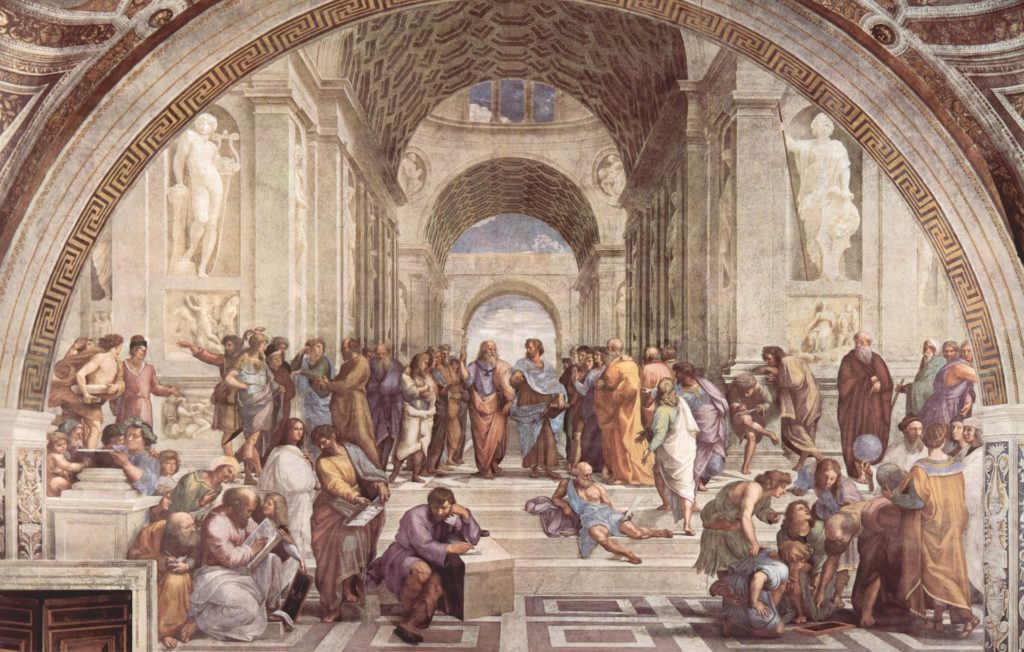English Version:
The editor of the „Yarn Roll“, who asked the question: „Why do we live?“, seems to feel like going into the undergrowth of philosophy. Perhaps, however, he was seized by great trembling and trembling before the nothingness of human life. In the first case it’s good, in the second it’s bad. And this for the following reason: „Living in order to live“ is the only answer to the posed question, as strange and as one-sided as it may sound. The whole purpose, the whole meaning of life is for man himself, in the process of living. In order to grasp the purpose and meaning of life, one must first of all love life, be completely immersed, as they say, in the vortex of life; only then will one grasp the meaning of life, will one understand what one lives for. Life is something that, unlike everything that man has created, does not need theory; whoever grasps the practice of life, the theory of life becomes clear to him.
Deutsche Version:
Der Redakteur der „Garnrolle“, der die Frage: „Wozu leben wir?“ gestellt hat, scheint Lust zu haben, sich in das Gestrüpp der Philosophie zu begeben. Vielleicht aber hat ihn großes Zittern und Beben vor der Nichtigkeit des menschlichen Lebens erfasst. Im ersten Fall ist’s ja gut, im zweiten schlimm. Und zwar aus folgendem Grund: „Leben, um zu leben“ ist die einzige Antwort auf die gestellte Frage, so sonderbar und so einseitig sie auch klingen mag. Der ganze Zweck, der ganze Sinn des Lebens besteht für den Menschen selbst, im Prozess des Lebens. Um den Zweck und den Sinn des Lebens zu erfassen, muss man vor allem das Leben lieben, gänzlich, wie man so sagt, im Wirbel des Lebens untertauchen; erst dann wird man den Sinn des Lebens erfassen, wird man verstehen, wozu man lebt. Das Leben ist etwas, was im Gegensatz zu allem, was der Mensch geschaffen hat, keine Theorie benötigt; wer die Praxis des Lebens erfasst, dem wird die Theorie des Lebens klar.
Source: Wilhelm Reich, Die sexuelle Revolution, 1936

